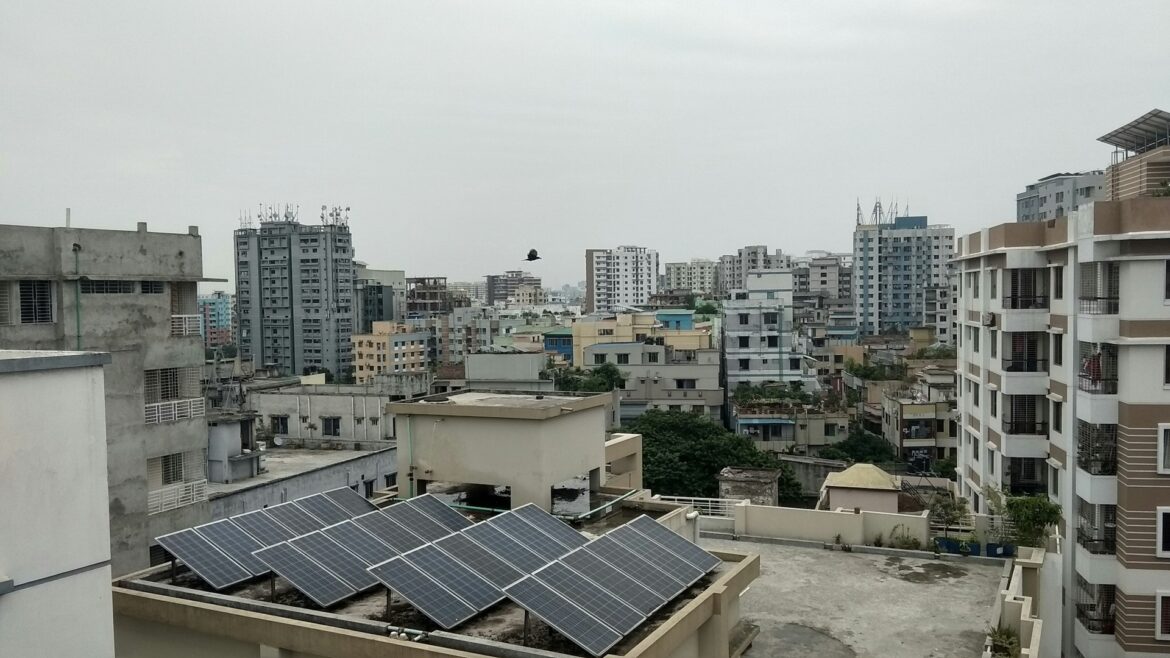In a decisive move to combat ongoing power shortages, the government has ordered the installation of solar panels on the rooftops of all government buildings across Bangladesh. The initiative is part of a broader push to increase the country’s use of renewable energy and reduce dependence on conventional power sources. The order applies to ministries, divisions, directorates, educational institutions, and other public establishments. Each entity has been instructed to begin the transition by setting up rooftop solar systems tailored to their energy usage. The installations aim to contribute directly to the national grid or provide backup during peak demand periods. Bangladesh, like many developing nations, has been experiencing energy shortfalls worsened by rising fuel costs and limited electricity generation capacity. By turning to solar power, the government hopes to reduce pressure on the national grid while promoting a sustainable energy model that aligns with its long-term development goals. Officials have noted that solar energy is not only clean and renewable but also practical for a country with high levels of year-round sunlight. The widespread use of solar rooftops on public buildings can significantly cut electricity bills, lower carbon emissions, and demonstrate the viability of solar solutions for broader adoption across the private sector. The policy also encourages local production and use of solar panels and related equipment, which may boost domestic industries involved in renewable energy. In addition, public procurement of solar systems can help bring down costs, making solar energy more affordable and accessible for small businesses and households in the future. To support implementation, authorities plan to offer technical guidelines and connect agencies with vetted solar providers. Monitoring and compliance will be overseen by the Sustainable and Renewable Energy Development Authority (SREDA), which has been tasked with ensuring that installations meet efficiency and safety standards. The directive comes at a time when renewable energy has become central to Bangladesh’s climate and energy strategy. It complements other initiatives such as solar mini-grids in remote areas, solar-powered irrigation systems, and incentives for private solar rooftops. Experts believe the large-scale adoption of rooftop solar in the public sector will create awareness, generate employment, and pave the way for similar transitions in residential and commercial spaces. It also reflects a shift in national priorities, recognizing the importance of self-reliant and sustainable energy solutions. This nationwide solar rollout signals Bangladesh’s commitment to building a greener, more energy-secure future. By setting an example through government action, the country moves one step closer to a cleaner, more resilient power system.
Government Mandates Solar Panels on All Buildings to Address Power
68


